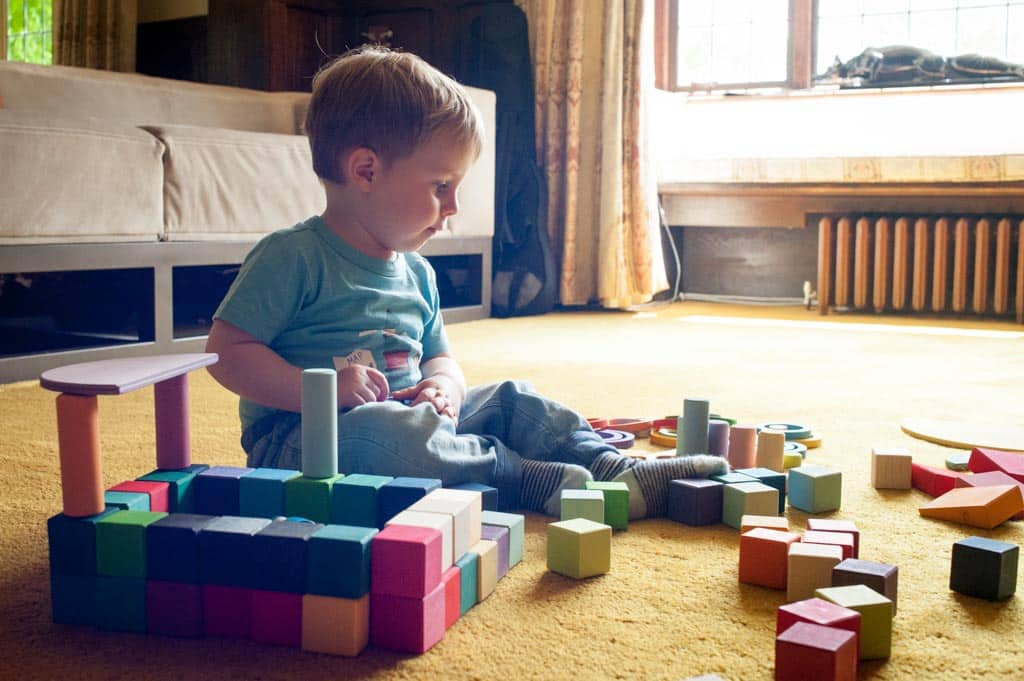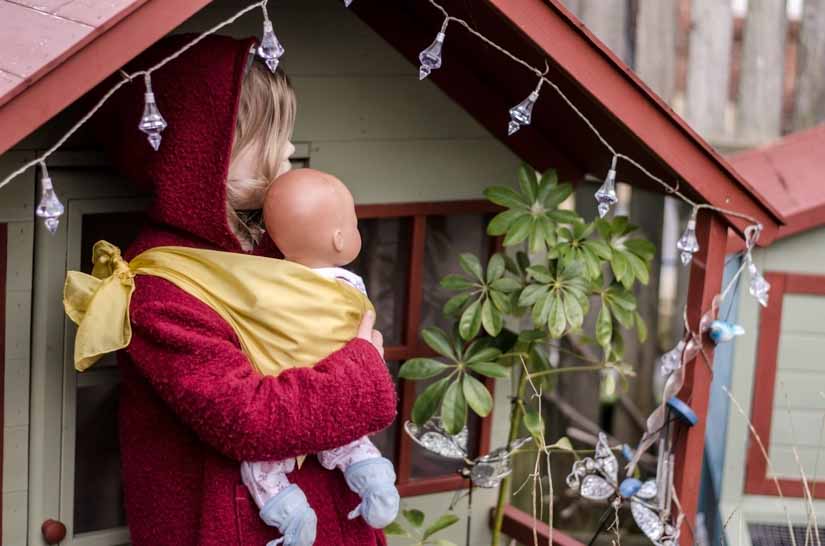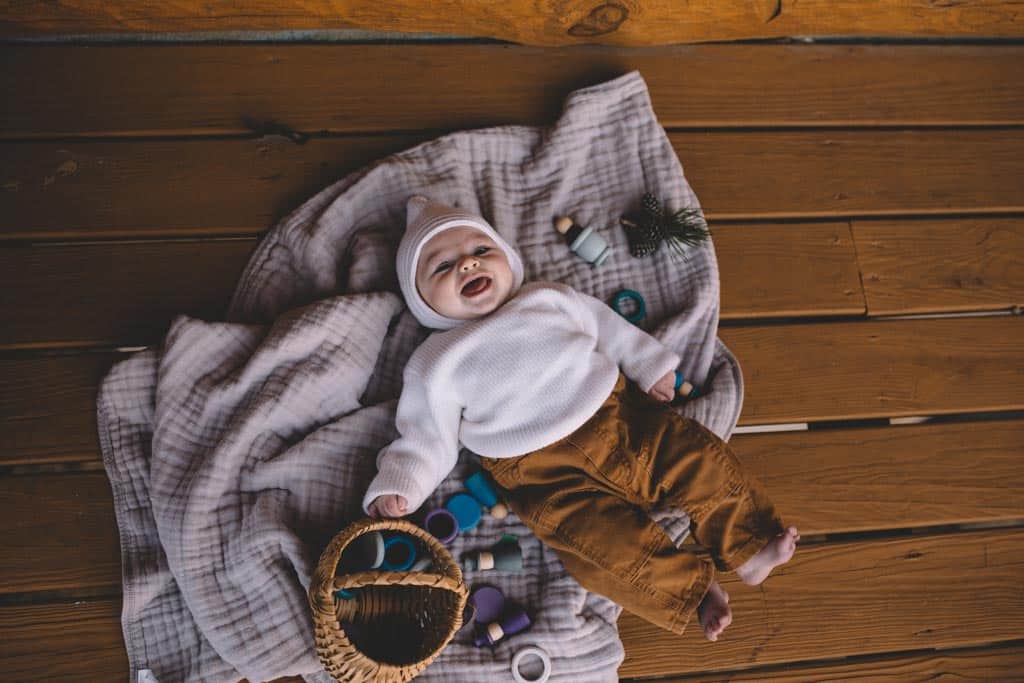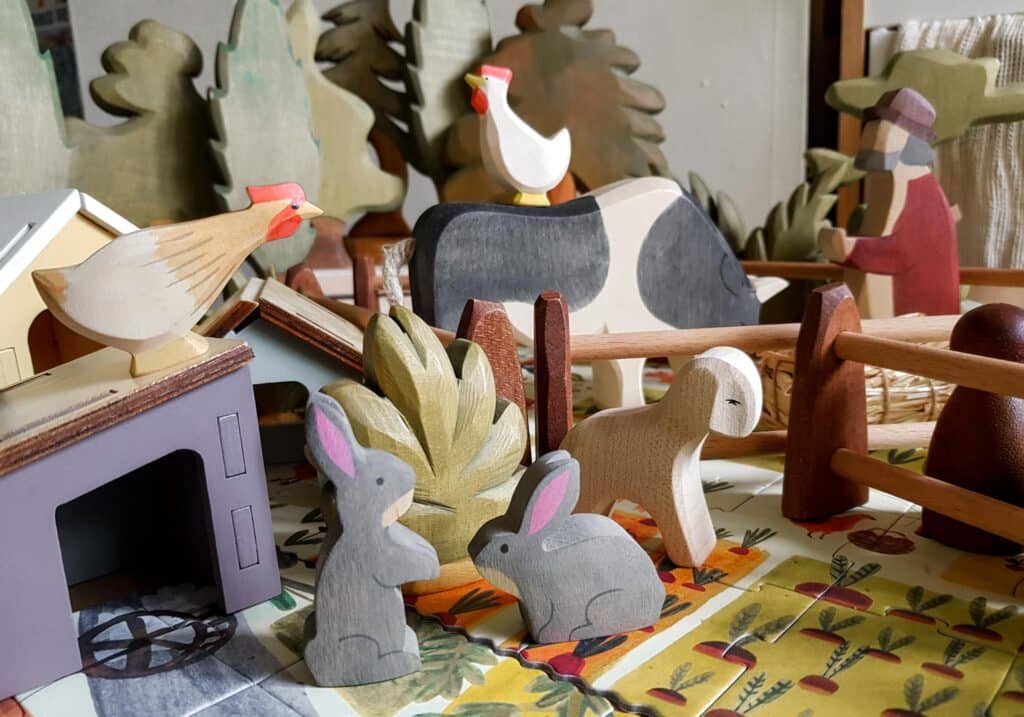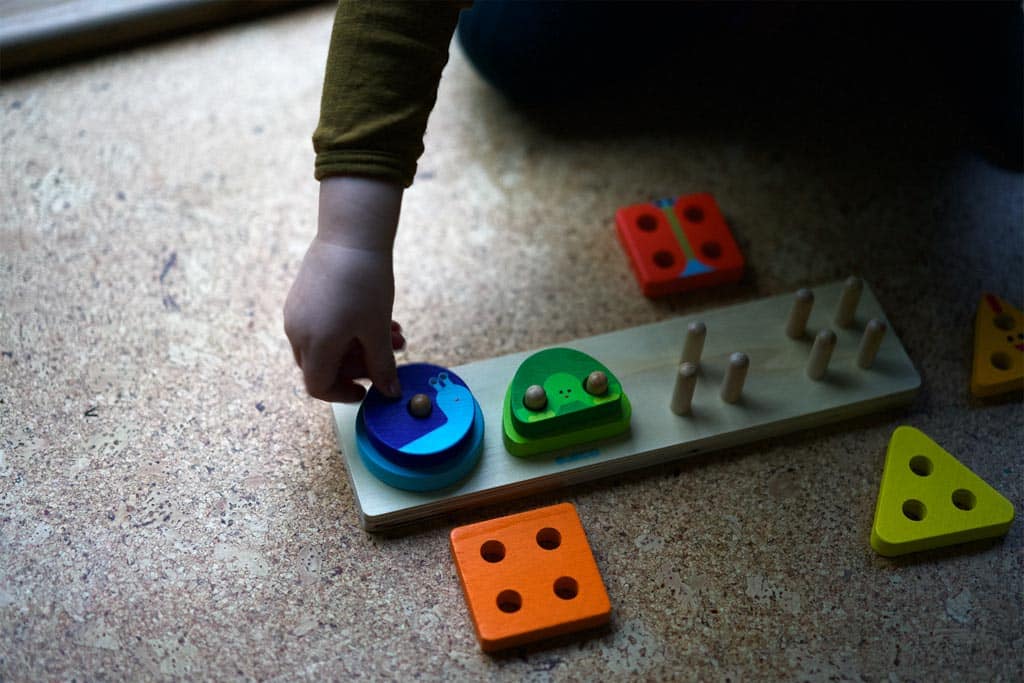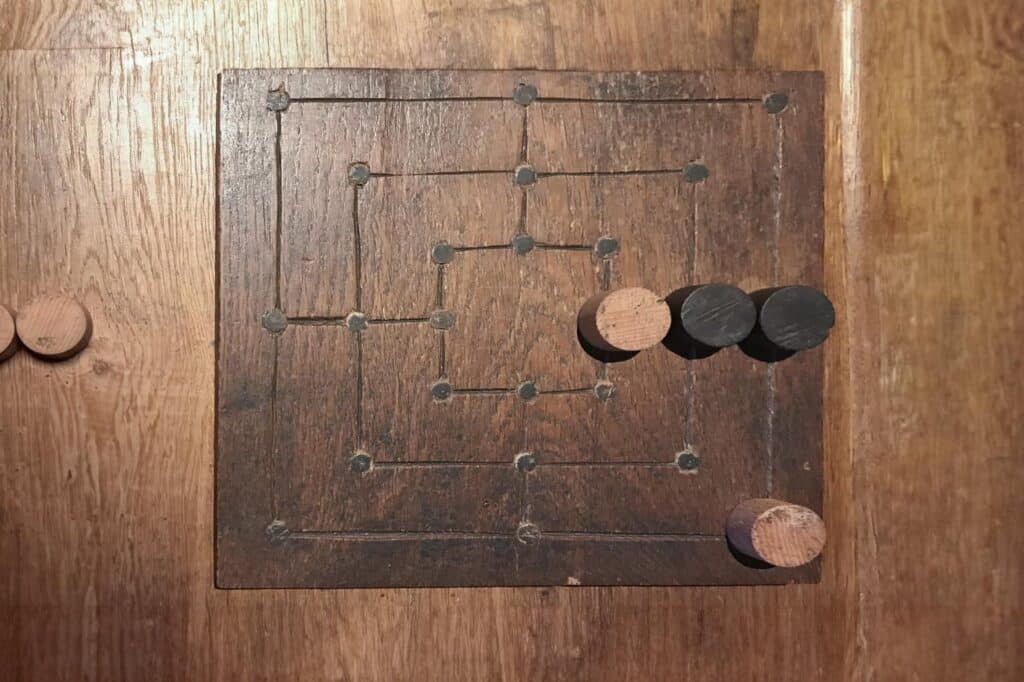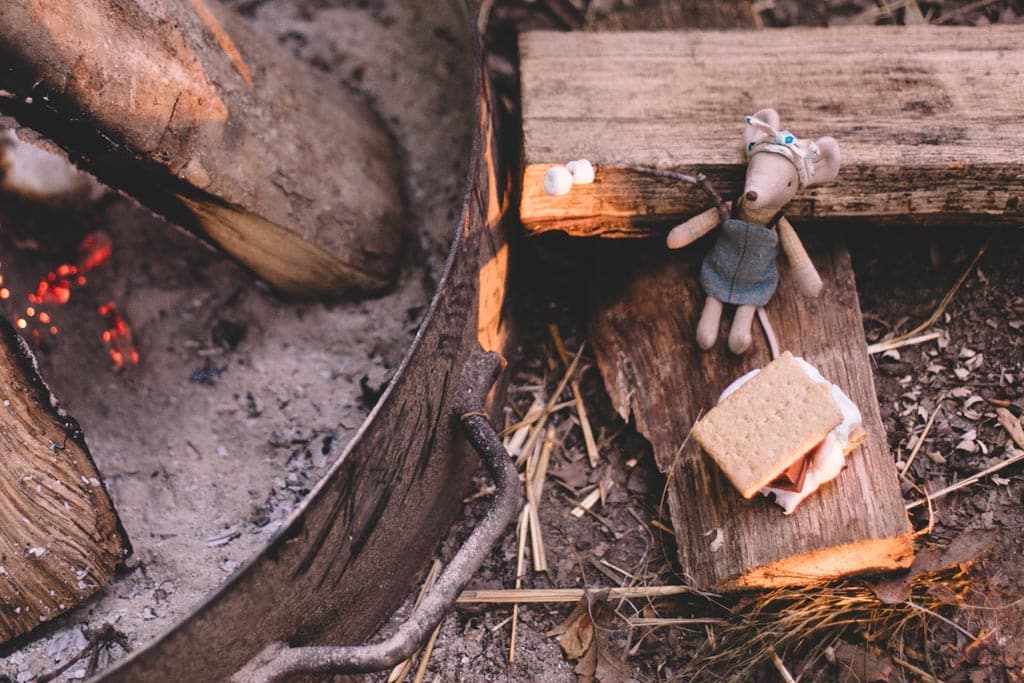Games with Rules: Benefits and How to Encourage Them in Childhood
Games with rules are the third of the four types of play outlined by Sara Smilansky, a developmental psychologist who studied how play develops in young children. The rest of the series is here: What are games with rules? When you think of games with rules, what comes to mind? Cricket? Snakes and Ladders? These […]
Games with Rules: Benefits and How to Encourage Them in Childhood Read More »



